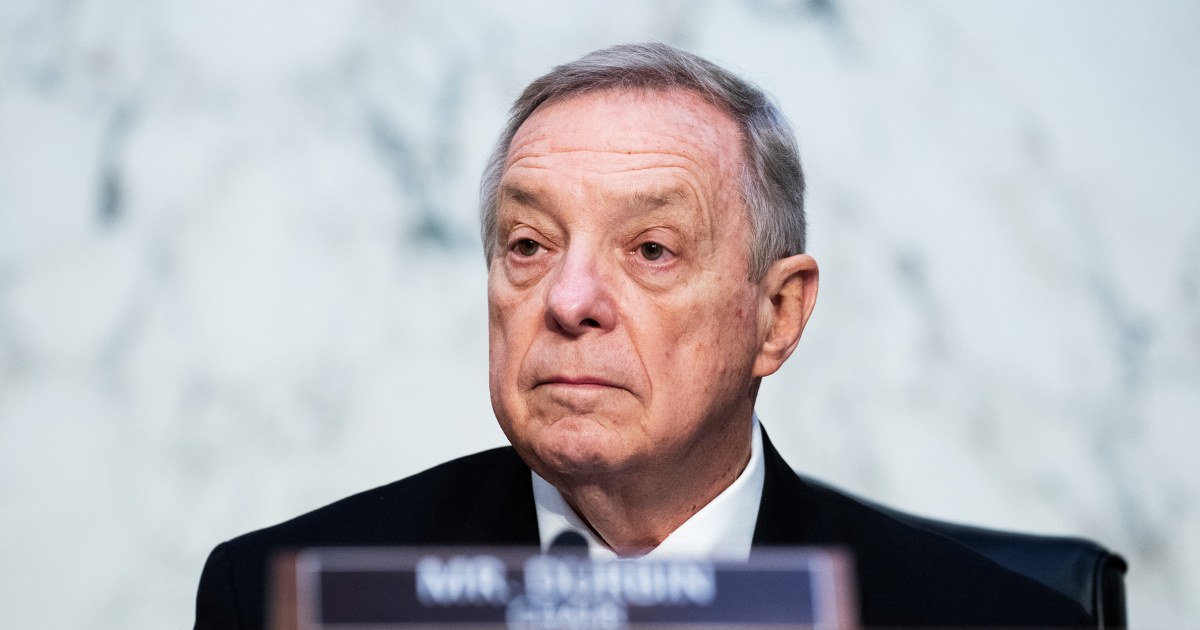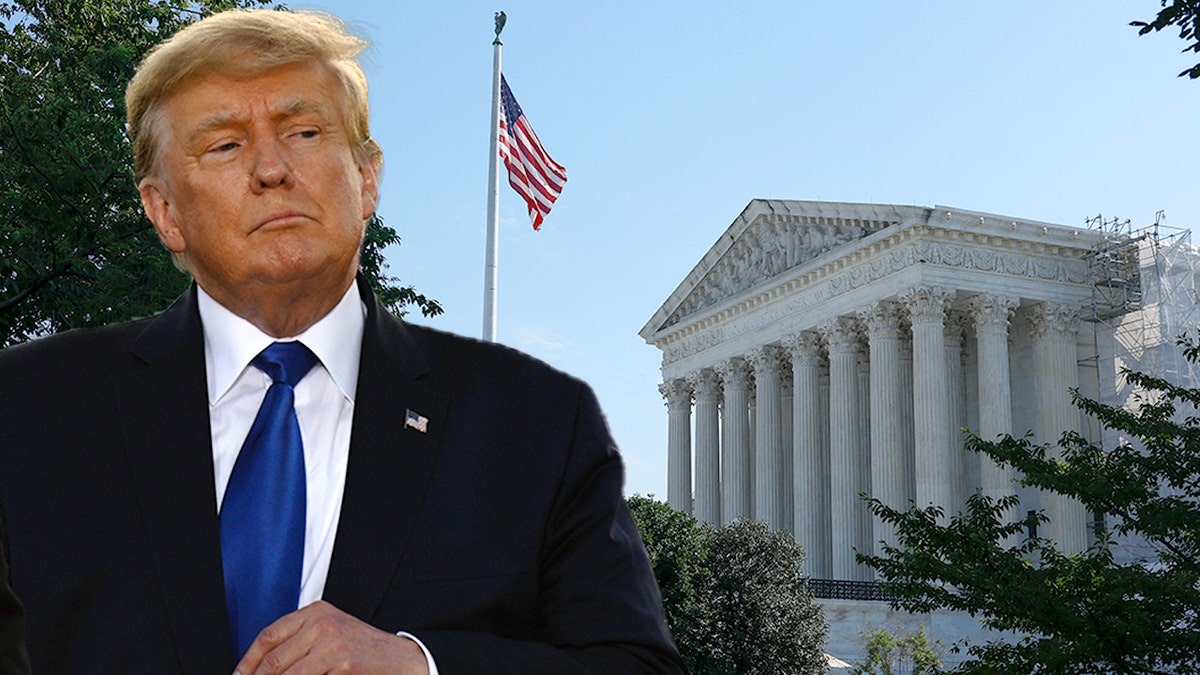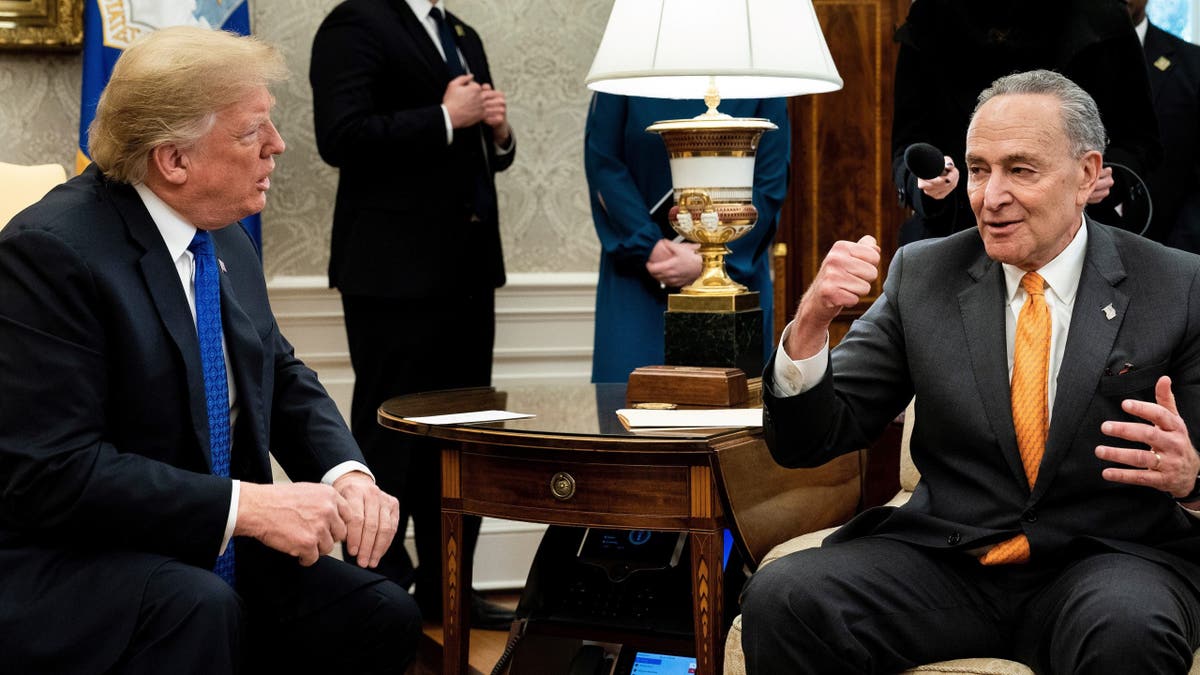
The recent ruling by the Supreme Court on former President Trump's immunity has sparked a wave of legislative responses, with Senate Majority Leader Chuck Schumer announcing plans to draft a bill that would strip Trump of immunity for his actions related to challenging the results of the 2020 election. The proposed legislation aims to classify these actions as 'unofficial,' thereby removing any immunity protections granted under the Supreme Court ruling.
The Supreme Court decision, which came down in a 6-3 vote along ideological lines, concluded that a president retains substantial prosecutorial immunity for official acts committed in office. However, critics argue that this decision could have significant implications for future presidents' criminal exposure and the balance of power between branches of government.
Senator Schumer compared Trump to former President Richard Nixon and criticized the Supreme Court for effectively placing a 'crown' on Trump's head. The Senate Judiciary Committee is expected to hold a hearing in September to discuss legislative solutions, including potential limitations on presidential immunity and the legal and policy ramifications of this decision.
The Constitutional Convention in 1787 aimed to create a new governing framework for the United States, establishing a president with limited powers. Congress was given the responsibility to make laws, collect taxes, and declare war. The federal judiciary, including the Supreme Court, was made independent. However, throughout history, roles and responsibilities of government have expanded leading to shifts in power between branches.
The Supreme Court has played a significant role in defining its own powers through decisions such as Marbury vs. Madison and Chevron doctrine. The president's power is limited by the Constitution but presidents have expanded their powers through executive orders, appointments, and pushing agendas when Congress doesn't push back.
The recent Supreme Court ruling on Trump's immunity raises questions about what remains of United States v. Nixon, a case where the court unanimously ruled against President Nixon 50 years ago. Legal experts continue to debate the implications of this decision and its potential impact on future presidents.




